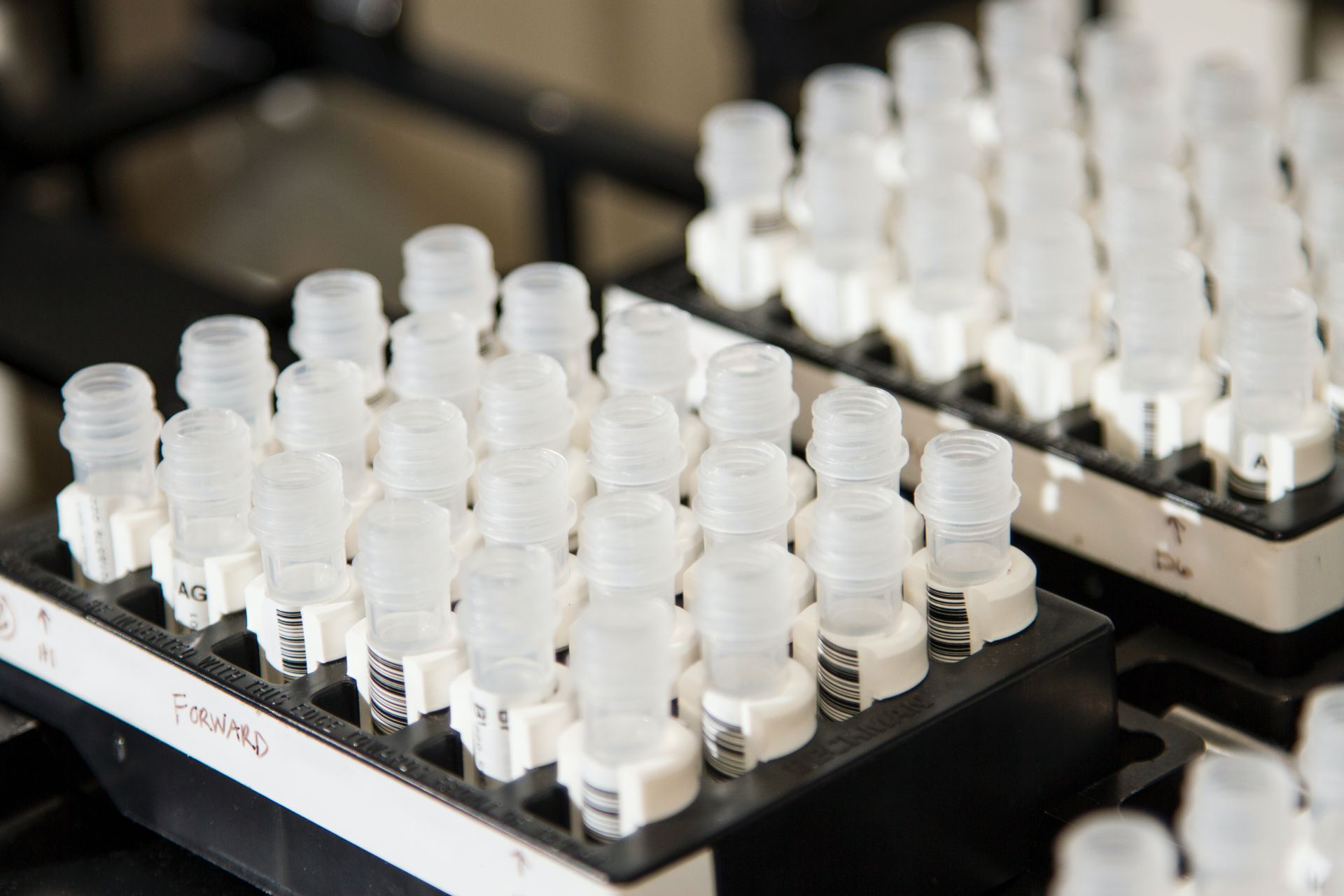Research and isolation of Follistatin, a protein that is naturally produced, has led researchers to develop a synthetic version called Follistatin-344. The primary speculation is that Follistatin-344 peptide antagonizes the function of TGF-β. The TGF-β family comprises Follicle Stimulating Hormone (FSH), Myostatin, and Activin. In addition to potentially inhibiting TGF-β, Follistatin-344 might act on the IGF-1/Insulin pathway.
Follistatin-344 Peptide Research
Follistatin-344 peptide has been employed in research studies with a variety of focuses, though it is primarily examined within the context of muscle cells.
1. Muscle Cell Growth: As mentioned, myostatin functions to reduce muscle mass, and is a member of the TGF-1 family that inhibits the growth and differentiation of muscle fibers. There are suggestions that Follistatin-344 peptide may exert potent anti-myostatin action. Speculative research on mice lacking myostatin indicates that the peptide may induce greater muscle mass development. Additionally, speculative studies on Follistatin-344 peptide have suggested a remarkable increase in muscle mass without the involvement of other muscle-building factors. Follistatin-344 has been suggested to increase muscle bulk through two main mechanisms: hypertrophy and hyperplasia. Hypertrophy leads to an increase in the size of individual muscle cells, while hyperplasia increases the number of muscle fibers.
2. Speculative Effects on Diabetes Mellitus Type 1 diabetes, considered to result from a reduced expression of insulin-secreting beta-pancreatic cells, leads to reduced insulin secretion and poor glucose metabolism. Follistatin-344 peptide, following studies in animal research models, appears to lead to an increase in beta-pancreatic cells. The exposure of Follistatin-344 peptide in animal models resulted in a remarkable rise in the life expectancy of mice and a reduction in diabetes-related micro- or macro-vascular complications.
3. Follistatin-344 peptide and Breast Cancer Speculative research on the effects and levels of Follistatin in female research models of breast cancer involved Reverse Transcription Polymerase Chain Reaction (RT-PCR) to check natural peptide levels. Results taken from females with under-expressed Follistatin indicated that only a few had normal or higher levels of Follistatin. Higher levels of Follistatin could be associated with a lower incidence of disease metastasis and a better prognosis.
4. Speculative Effects on Esophageal and Liver Cancer Barrett’s esophagus, a premalignant condition, involves transforming cells in the lower esophagus. Bone Morphogenetic Protein (BMP) might be a primary factor behind the metaplasia of the esophagus. Speculative research suggests that Follistatin may counteract the action of BMP and potentially prevent the development of esophageal cancer. Additionally, liver fibrosis, a condition predisposing to hepatocellular carcinoma, might see a significant improvement in the lifespan of liver cells (hepatocytes) with Follistatin. The peptide was suggested to reduce the risk of liver fibrosis by 32%, potentially leading to a reduction in the risk of hepatocellular carcinoma.
Disclaimer: The products mentioned are not intended for human or animal consumption. Research chemicals are intended solely for laboratory experimentation and/or in-vitro testing. Bodily introduction of any sort is strictly prohibited by law. All purchases are limited to licensed researchers and/or qualified professionals. All information shared in this article is for educational purposes only.






